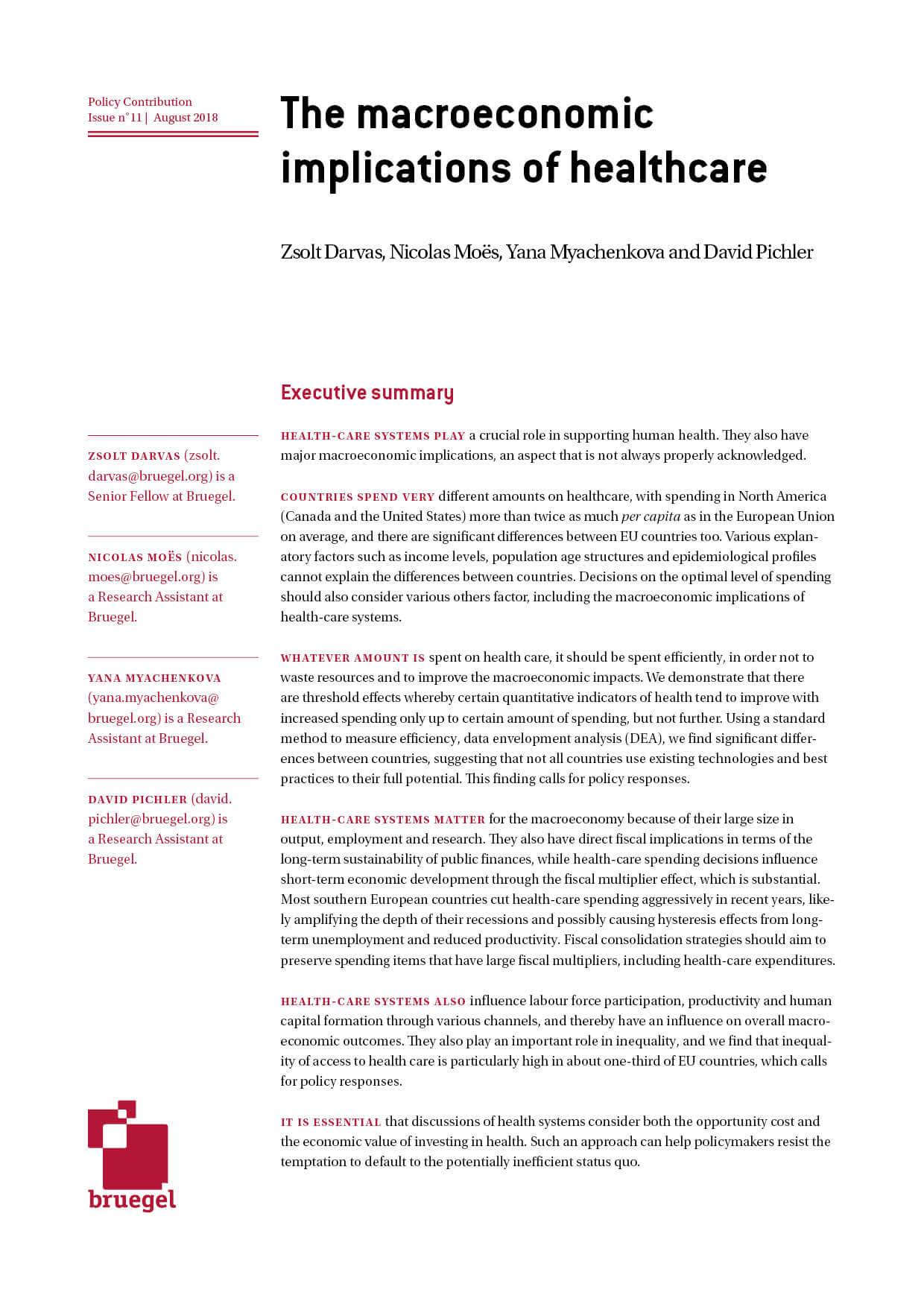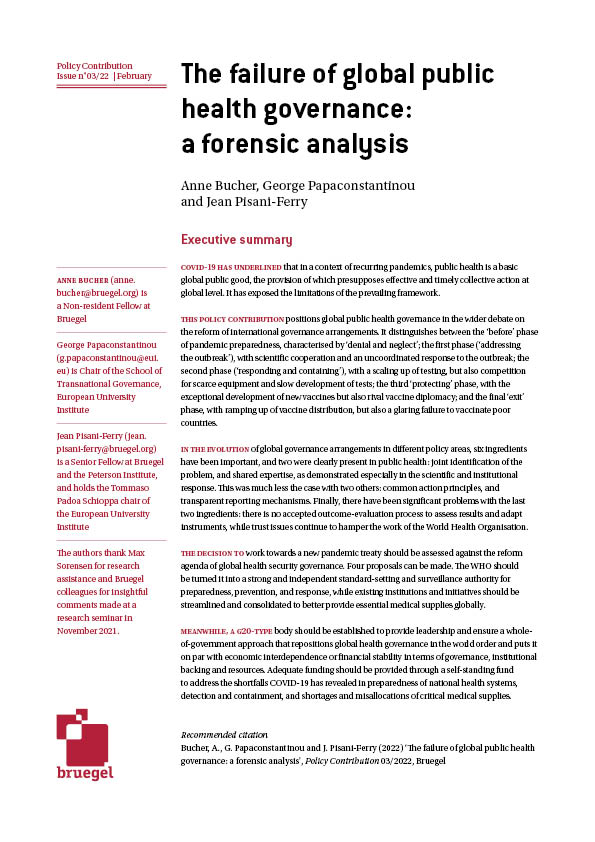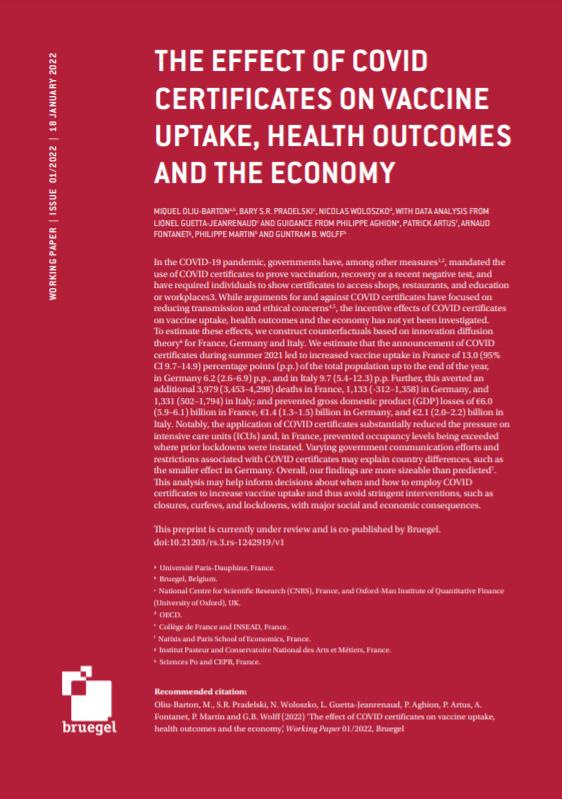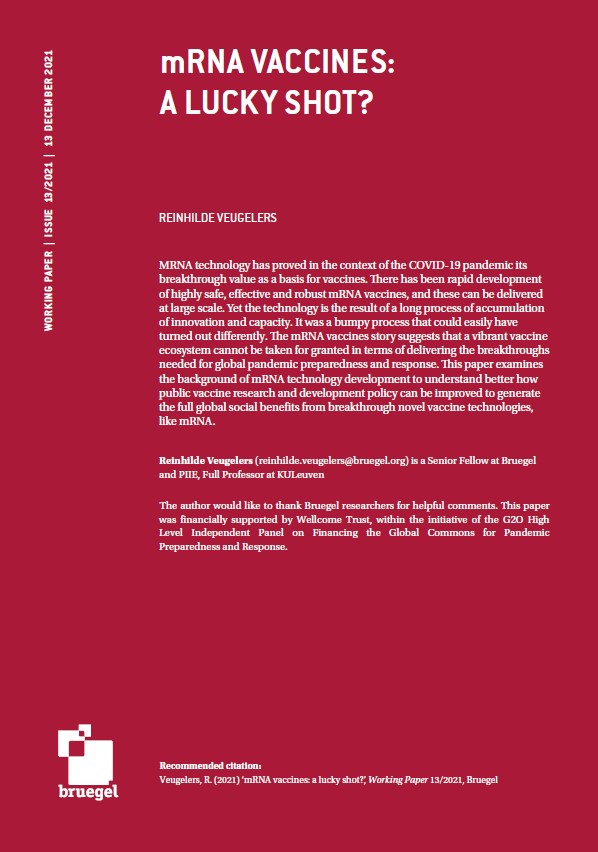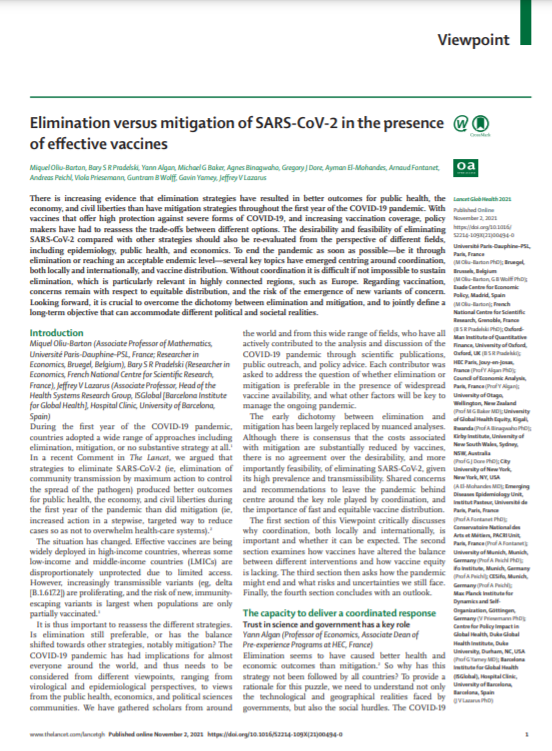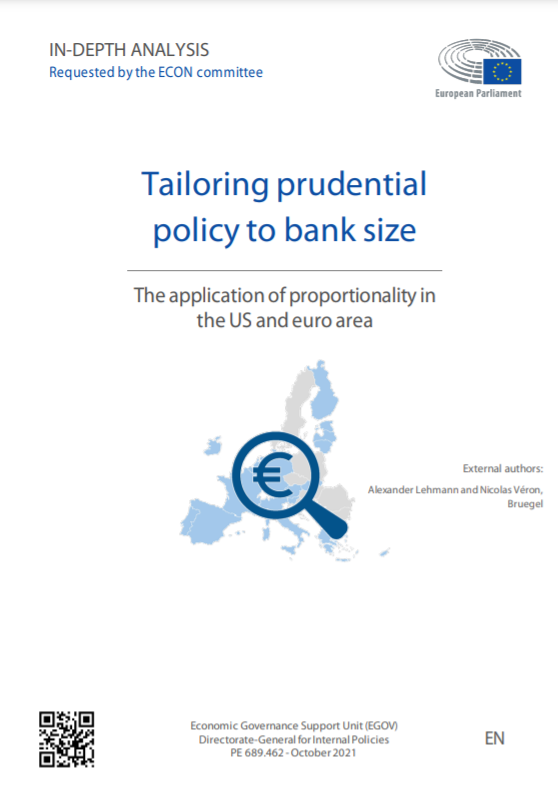Policy Contribution
The macroeconomic implications of healthcare
Health-care systems play a crucial role in supporting human health. They also have major macroeconomic implications, an aspect that is not always properly acknowledged. Using a standard method to measure efficiency, data envelopment analysis (DEA), the authors find significant differences between countries. This finding calls for policy responses.
Health-care systems play a crucial role in supporting human health. They also have major macroeconomic implications, an aspect that is not always properly acknowledged.
Countries spend very different amounts on healthcare, with spending in North America (Canada and the United States) more than twice as much per capita as in the European Union on average, and there are significant differences between EU countries too. Various explanatory factors such as income levels, population age structures and epidemiological profiles cannot explain the differences between countries. Decisions on the optimal level of spending should also consider various others factor, including the macroeconomic implications of health-care systems.
Whatever amount is spent on health care, it should be spent efficiently, in order not to waste resources and to improve the macroeconomic impacts. We demonstrate that there are threshold effects whereby certain quantitative indicators of health tend to improve with increased spending only up to certain amount of spending, but not further. Using a standard method to measure efficiency, data envelopment analysis (DEA), we find significant differences between countries, suggesting that not all countries use existing technologies and best practices to their full potential. This finding calls for policy responses.
Health-care systems matter for the macroeconomy because of their large size in output, employment and research. They also have direct fiscal implications in terms of the long-term sustainability of public finances, while health-care spending decisions influence short-term economic development through the fiscal multiplier effect, which is substantial. Most southern European countries cut health-care spending aggressively in recent years, likely amplifying the depth of their recessions and possibly causing hysteresis effects from long-term unemployment and reduced productivity. Fiscal consolidation strategies should aim to preserve spending items that have large fiscal multipliers, including health-care expenditures.
Health-care systems also influence labour force participation, productivity and human capital formation through various channels, and thereby have an influence on overall macroeconomic outcomes. They also play an important role in inequality, and we find that inequality of access to health care is particularly high in about one-third of EU countries, which calls for policy responses.
It is essential that discussions of health systems consider both the opportunity cost and the economic value of investing in health. Such an approach can help policymakers resist the temptation to default to the potentially inefficient status quo.
